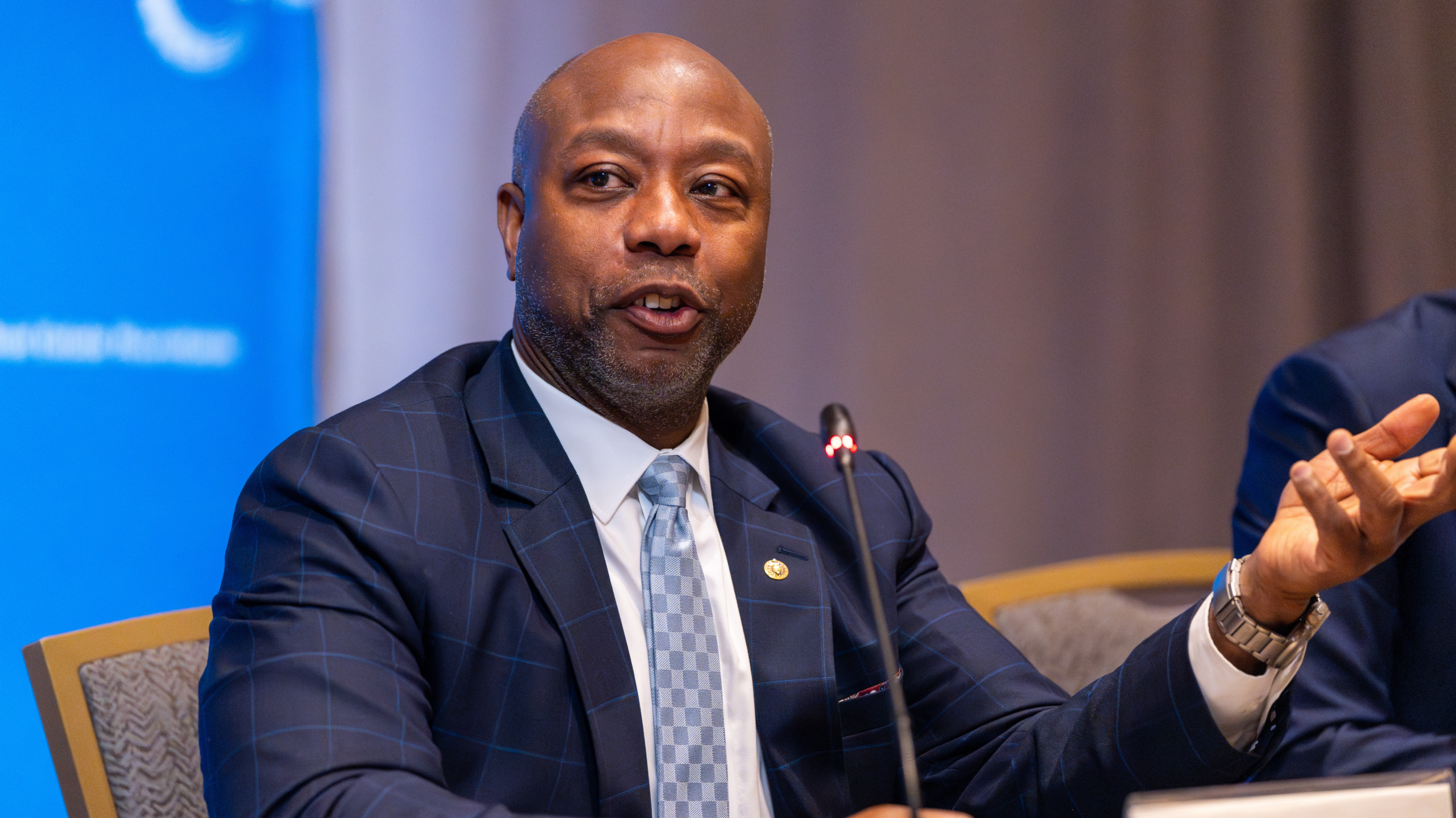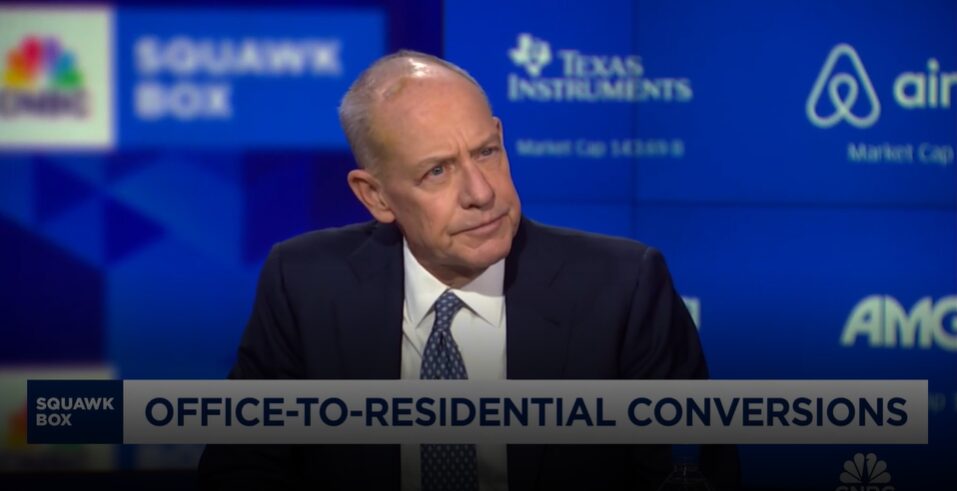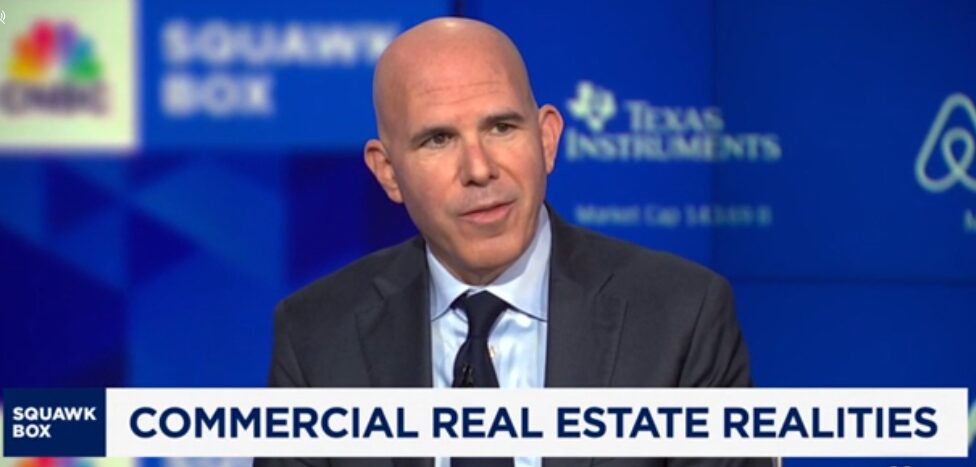
Republicans are divided on how to approach a sweeping legislative package in 2025, as debates intensify between House and Senate GOP leaders considering whether to consolidate tax, border security, energy, and defense priorities into a single reconciliation bill or pursue a two-step approach. (TaxNotes, Dec. 12)
The Debate
View from the Senate
View from the House
Government Funding

Challenges Ahead
What's Next

The text of the funding bill is anticipated to be released over the weekend or early next week, enabling both chambers to pass the measure before lawmakers adjourn until January.

On Tuesday, a coalition of national real estate associations, including The Real Estate Roundtable (RER), wrote to Congress urging support for the Renewing Opportunity in the American Dream to Housing Act (ROAD) to Housing Act, (S. 5027 | H.R. 990). Introduced by Senator Tim Scott (R-SC) and Representative French Hill (R-AR), this comprehensive legislation aims to make housing more affordable and widely available. (Letter, Dec. 10)
Addressing Housing Affordability
ROAD to Housing Act
The Roundtable and its coalition partners will continue to educate and collaborate with policymakers to advance the ROAD to Housing Act and ensure that housing supply and affordability remain top priorities.

Rep. French Hill (R-AR) was selected as the next chair of the powerful House Financial Services Committee, after securing the endorsement of the GOP steering committee in a closely watched race. (Axios, Dec. 12) (PoliticoPro, Dec.13)
Financial Policy Priorities
Trump Administration Eyes Changes to Financial Regulation

Looking Ahead
The House Republican Conference is anticipated to ratify the steering committee’s selection in the coming days.

Property conversions are emerging as a critical tool to revive underutilized assets and address market demands. By transforming outdated office spaces into housing and mixed-use developments, the industry is seizing an opportunity to adapt and thrive.
Industry Voices Capture Momentum

Community Success Stories

Navigating Challenges
The Roundtable urges federal policymakers to adopt incentives that support and promote these transformative local projects. These measures are vital to expanding access to affordable housing and meeting the nation’s growing demand.